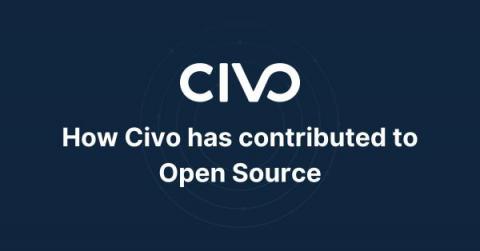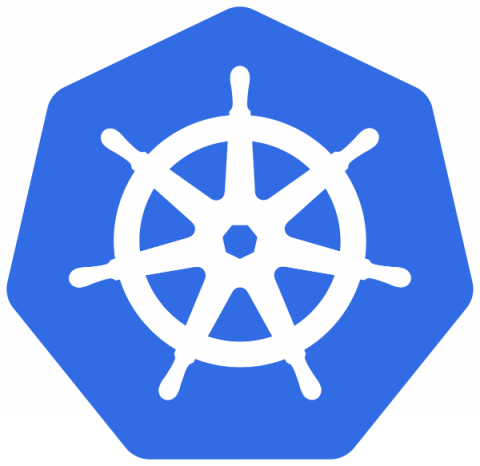Operations | Monitoring | ITSM | DevOps | Cloud
Containers
The latest News and Information on Containers, Kubernetes, Docker and related technologies.
How Civo has contributed to open source
Over the years, open source has become a way of working that allows people to modify and share designs to inspect, alter, and enhance source code. This has led to a range of benefits for users of open source, such as having more control over software, better security, more stability, and an inspired community. Last year, Mark Boost, CEO at Civo, spoke with OpenUK as part of their yearly report to discover the UK’s journey with open source.
Top metrics for Elasticsearch monitoring with Prometheus
Starting the journey for Elasticsearch monitoring is crucial to get the right visibility and transparency over its behavior. Elasticsearch is the most used search and analytics engine. It provides both scalability and redundancy to provide a high-availability search. As of 2023, more than sixty thousand companies of all sizes and backgrounds are using it as their search solution to track a diverse range of data, like analytics, logging, or business information.
8 Key Benefits of Qovery According to G2 User Review
Empowering DevOps: Simplifying Kubernetes with Platform Engineering | Civo TV
DevSecOps: A Modern Security Model for Digital Transformation
Developers and security experts are now tasked with bolstering, extending, and adjusting cloud and Kubernetes security to protect against cyberattacks that are ever more complex, volatile, and frequent. To foil attacks and create a secure foundation for applications and infrastructure from the beginning, DevSecOps (Development, Security, and Operations) has become the trending development and operations practice. In the DevSecOps model, security becomes a shared responsibility.
Monitoring Kubernetes clusters activity with Azure Managed Grafana and Calico
Cloud computing revolutionized how a business can establish its digital presence. Nowadays, by leveraging cloud features such as scalability, elasticity, and convenience, businesses can deploy, grow, or test an environment in every corner of the world without worrying about building the required infrastructure.
Multi-Cloud, Still an Actual Thing after All These Years
The 2023 edition of VMware’s annual State of Kubernetes report is now out, and it’s got a lot of great information about how organizations are using Kubernetes today, as well as the benefits and challenges that go along with that. In this blog post, I’m focusing on one area: multi-cloud.
Boosting Resilience with Chaos Engineering: Litmus 3.0 & Beyond | Civo TV
Upgrading Your Rancher Downstream Clusters to Kubernetes v1.25
The PodSecurityPolicy API, initially deprecated in Kubernetes v1.21, was entirely removed in Kubernetes v1.25. Because the API was removed, you cannot create, edit or query PodSecurityPolicy resources in a Kubernetes v1.25 cluster. Also, because its admission controller was removed, your clusters can no longer enforce any PodSecurityPolicy rules that were created in Kubernetes v1.24 and prior.











